This effort around Resolution 2758 is part of a broader campaign by the PRC to expand its influence in UN-affiliated bodies. Taiwan remains the foremost target of this campaign. Since 2016, at Beijing's behest, Taiwanese representatives have been blocked from participating even as observers in international organizations such as the World Health Assembly (WHA) and the International Civil Aviation Organization (ICAO). The PRC has institutionalized and normalized its stance on Taiwan within these organizations by signing secret agreements, restricting the access of Taiwan nationals to the UN and its facilities, and embedding PRC nationals across various levels of UN staff. The UN and its specialized agencies have not made the texts of these agreements available to the public or to any entity beyond the main signatories, though leaked guidance memos provide insights into the scope of MOU contents.
In this event, Jessica Drun will discuss Beijing’s efforts to “internationalize” its “One China Principle" and to conflate it with UN Resolution 2758. Her remarks will draw on a recent report, co-authored with Bonnie Glaser of the German Marshall Fund, that documents Beijing’s expanding influence in UN-linked organizations. She will be joined by Chih-Fu Yeh, a PhD candidate in biology at Stanford University, who in December 2020 was improperly barred from joining a UNESCO-backed winter school session because of his Taiwanese nationality. Mr. Yeh will describe his own experience and highlight how overly strict interpretations of UN regulations and guidelines continue to impose real costs on Taiwanese citizens.


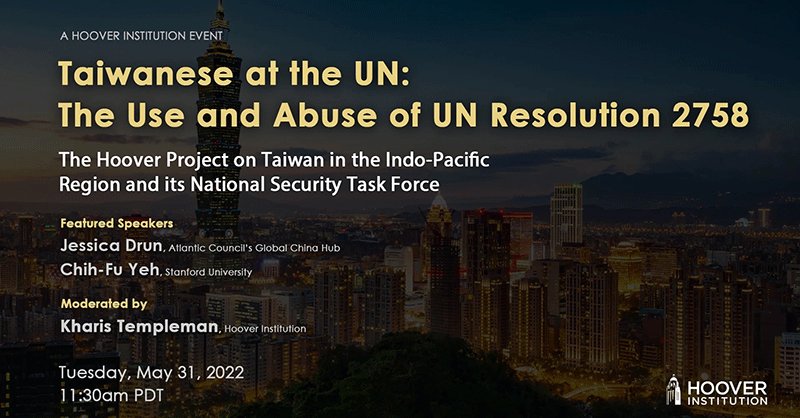




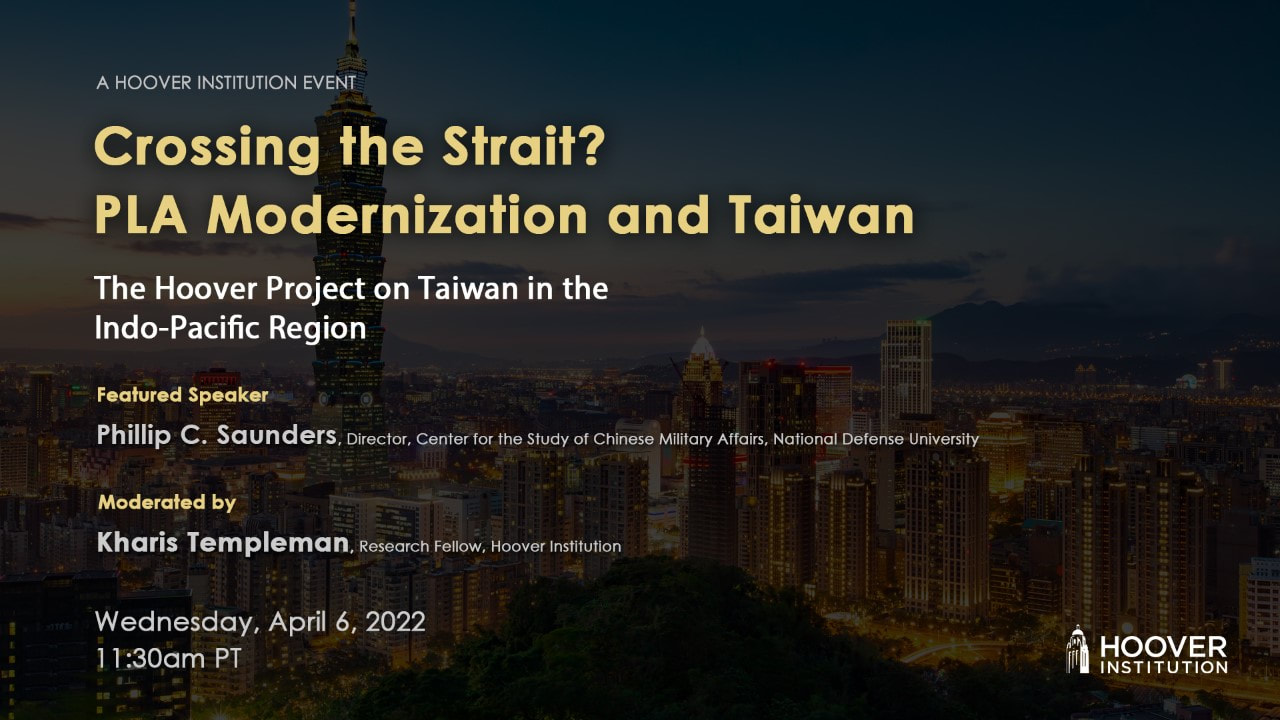

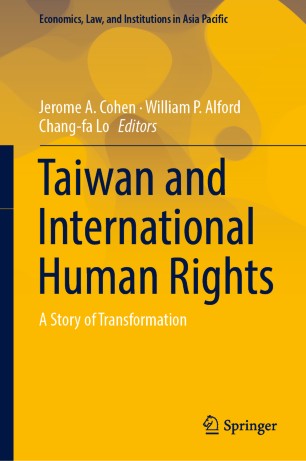
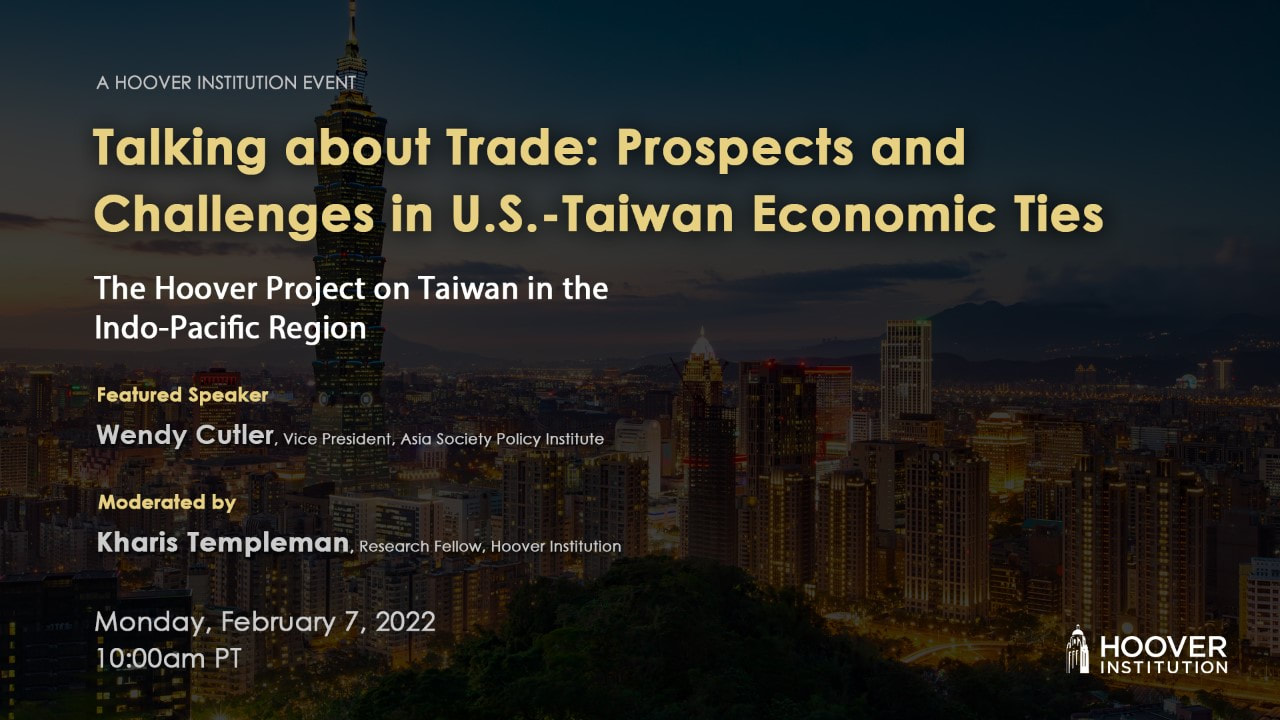

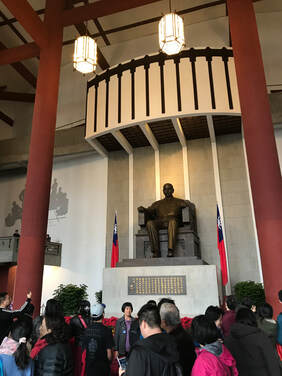
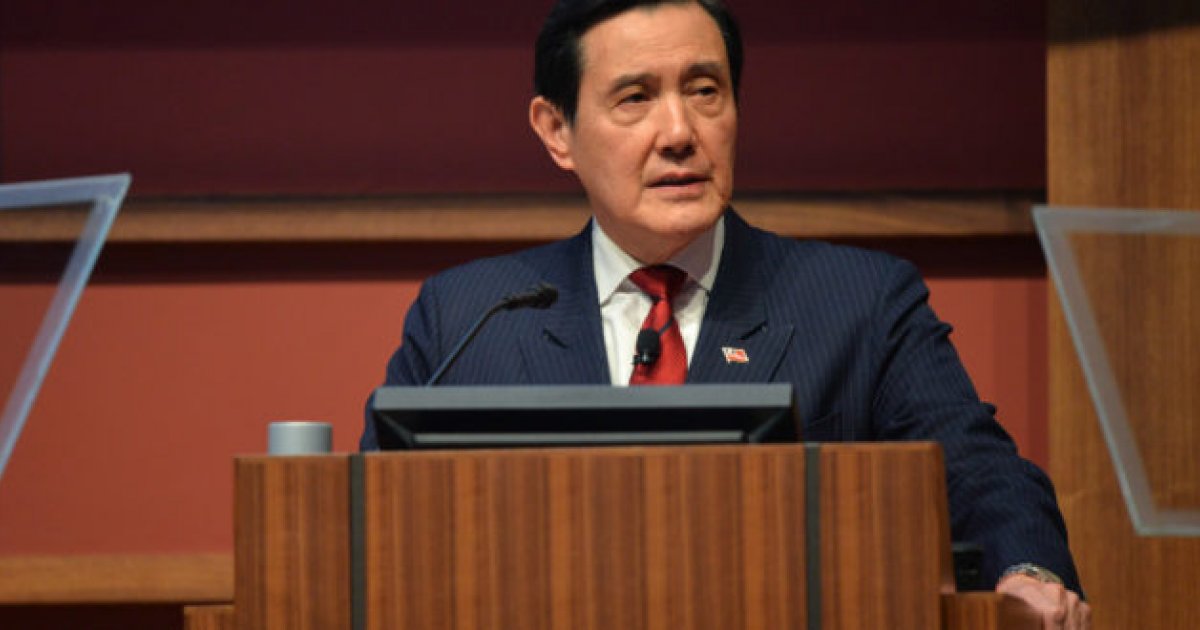
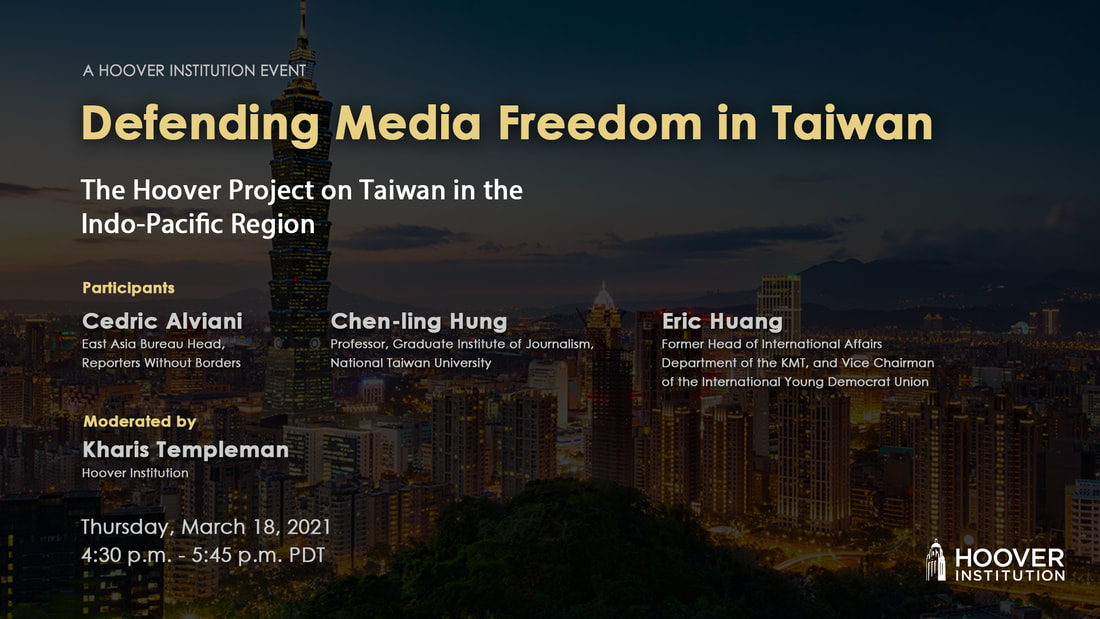
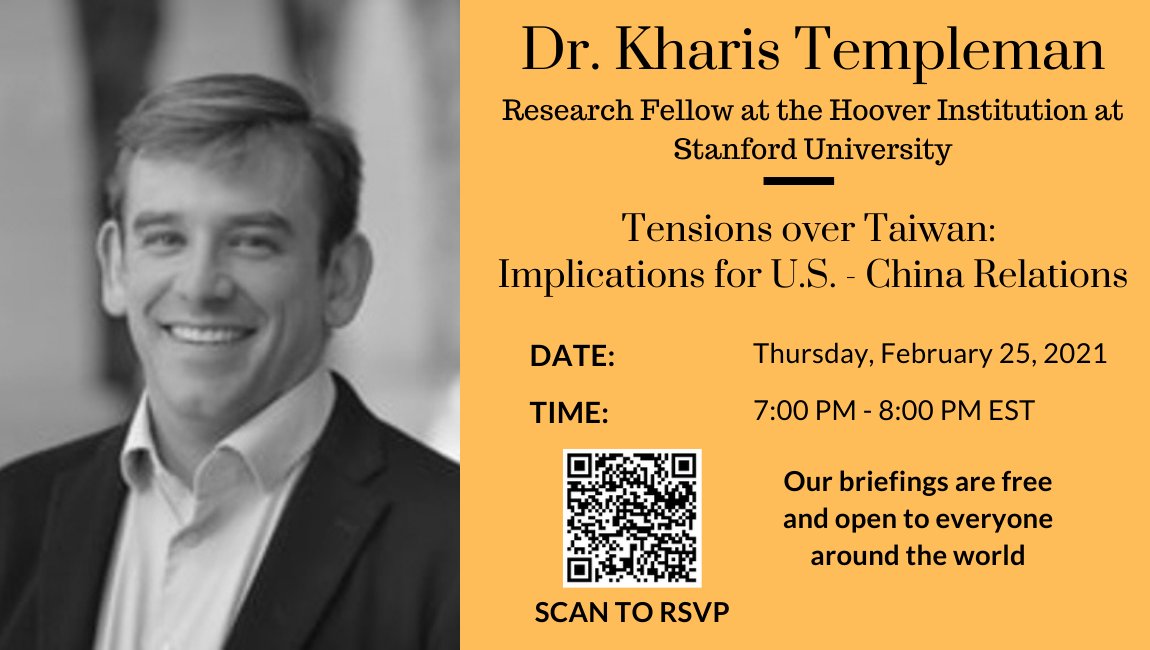
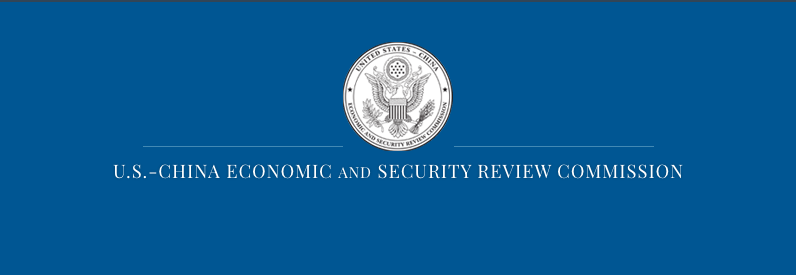
 RSS Feed
RSS Feed
